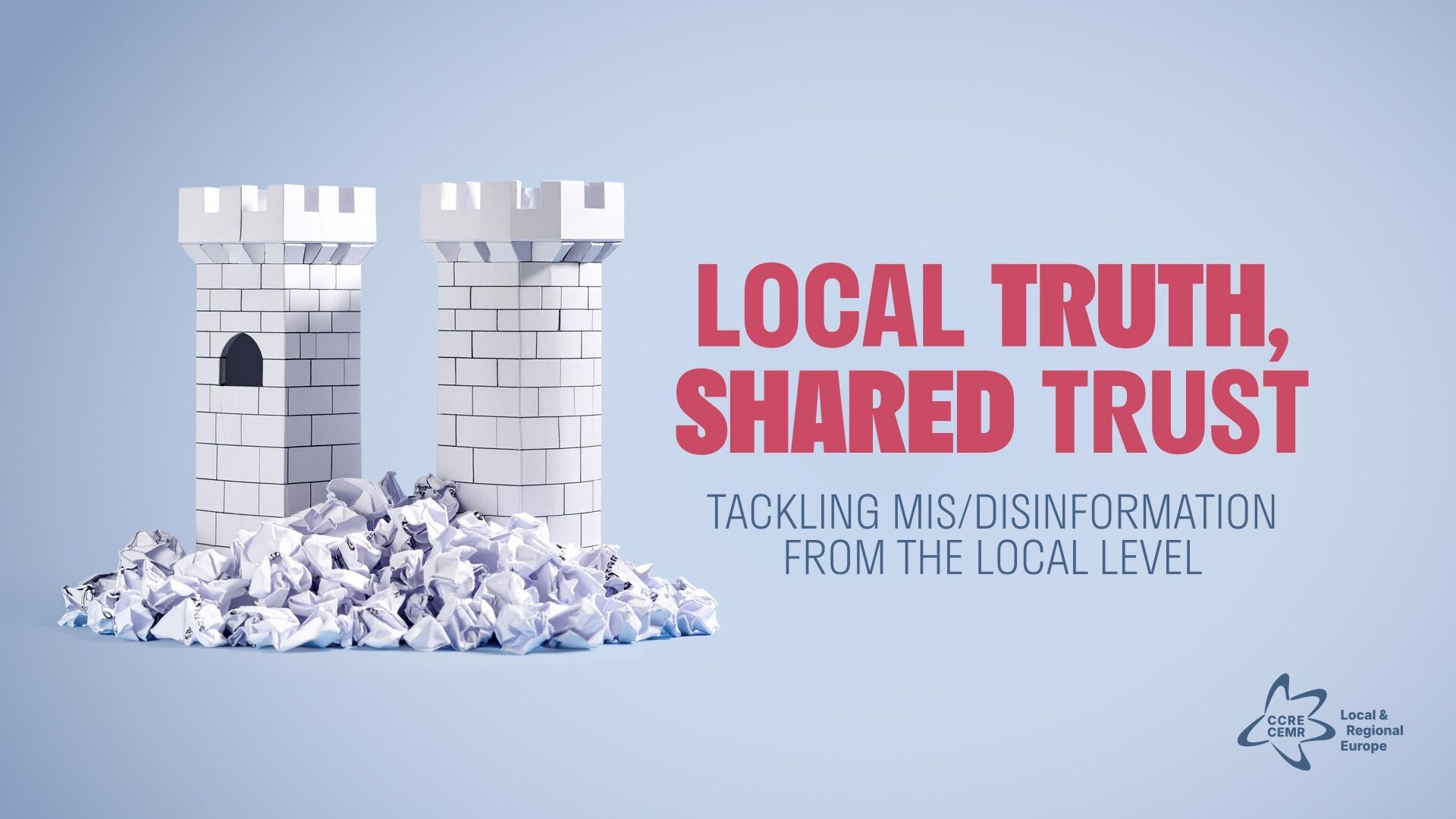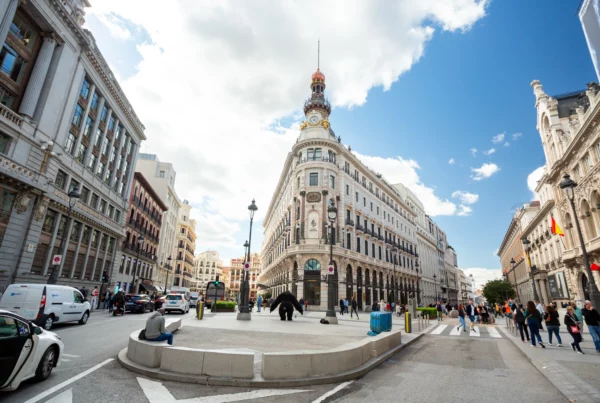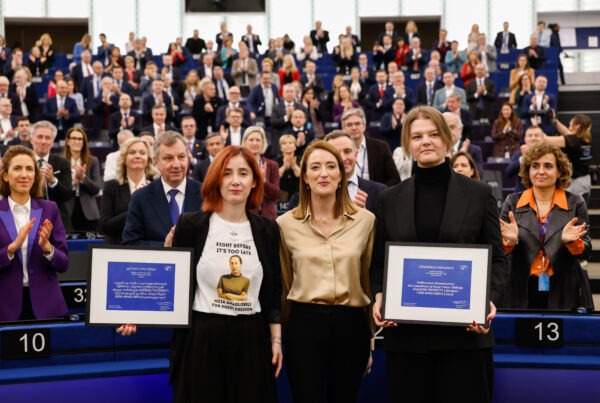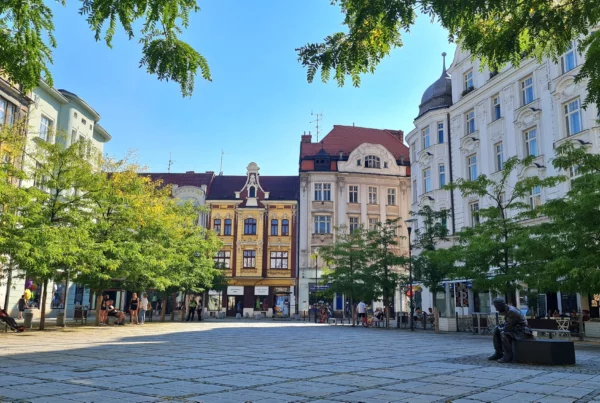Truth, Trust and Local Democracy in the Age of Mis/Disinformation
It often starts with a rumour. In Sweden, when a local council proposed using municipal land for newly arrived migrants, the debate should have focused on policy. Instead, misleading narratives took over. Trust in the process collapsed, divisions deepened, and planning stalled—not because of disagreement over the proposal itself, but because confidence in local leaders had been shaken.
Similar patterns are appearing across Europe. In the UK, false claims spread by extremists have fuelled threats against local politicians and disrupted council meetings. In Romania, local authorities report having to divert time and resources away from essential services just to counter persistent rumours.
These cases reveal a broader reality: when facts are manipulated, democratic dialogue falters. Decisions that should serve communities are delayed or derailed, while elected representatives—especially women and members of minority groups—face heightened hostility and intimidation.
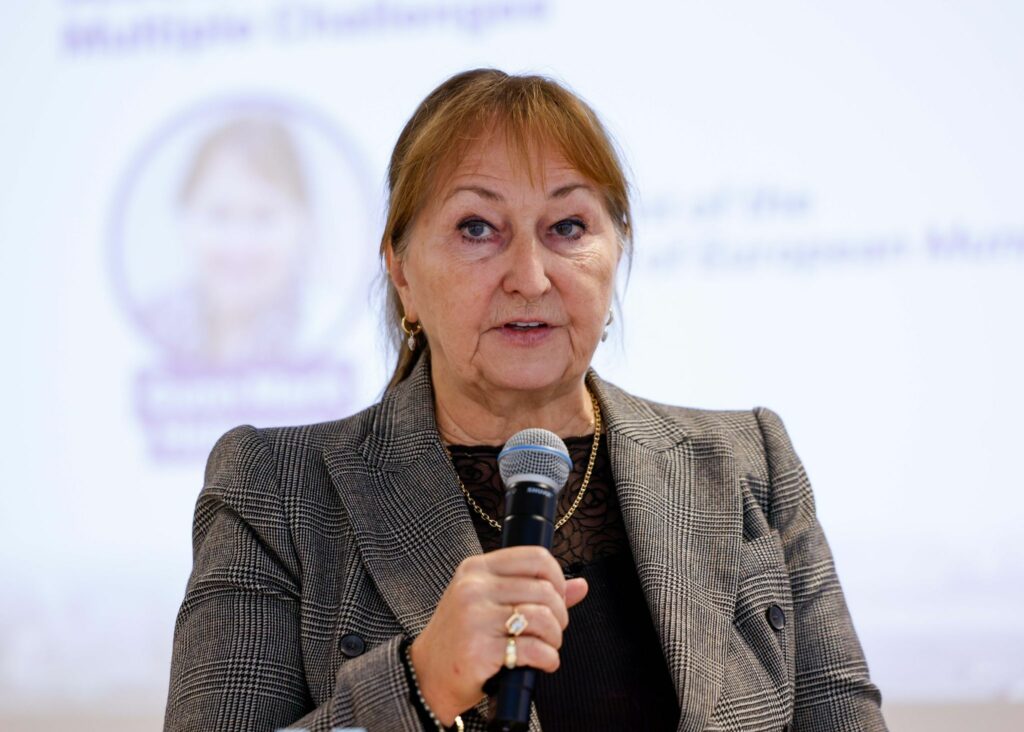
“Disinformation doesn’t just mislead — it derails local decision-making, sows division, and erodes trust in our institutions. Local governments must be equipped to counter manipulated narratives, protect credibility, and defend democratic dialogue.” Gunn Marit Helgesen, CEMR President
The new CEMR report “Local Truth, Shared Trust” launched on 13 October 2025 during the event “The Local Self-Government Charter turns 40 | Renewing Democracy in the Digital Age”, draws on a spring 2025 survey of national associations to explore these dynamics. Local and regional governments (LRGs) report a rise in mis/disinformation campaigns aimed at discrediting officials, obstructing policy, and deepening community divisions. By sharing real experiences from towns, cities and regions, the report highlights the significant disruption these campaigns create for effective local governance.
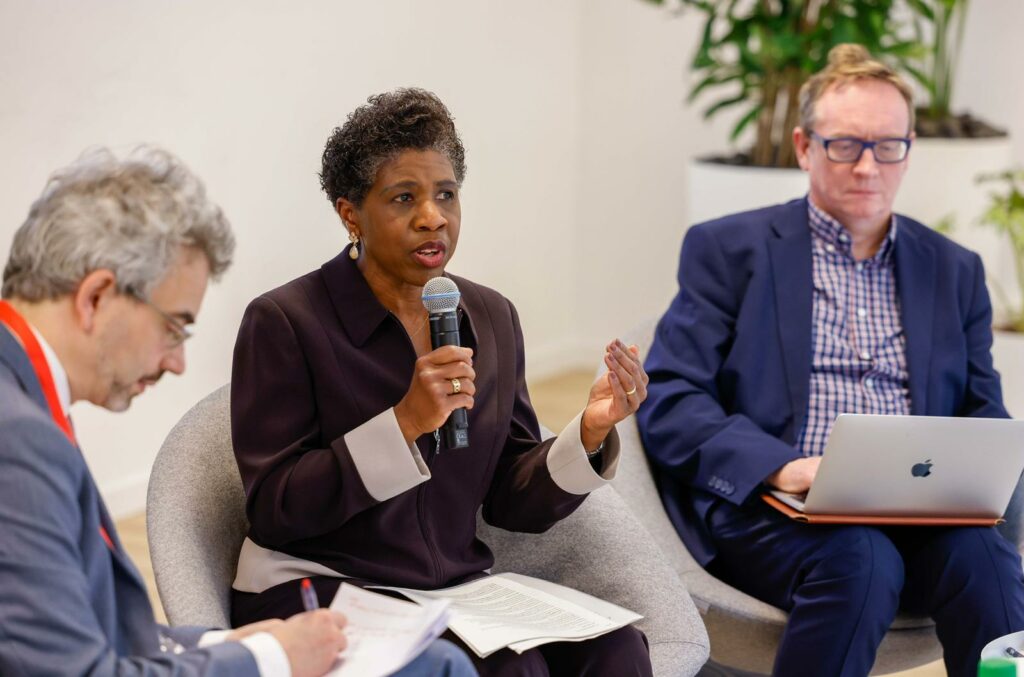
Truth in a democracy has always been a contested space, where facts meet beliefs and political narratives shape understanding. But today’s challenge goes beyond healthy debate: it involves deliberate distortion intended to divide. The result is a public sphere that is more polarised, less participatory, and less capable of performing essential functions, from maintaining public order to managing crises and protecting vulnerable populations.
Towns, cities and regions are among the most exposed to these pressures. As the democratic institutions closest to citizens, they are both highly trusted and highly vulnerable. Their central role in service delivery and daily engagement with residents makes them visible targets for narratives that distort facts, fuel mistrust, and erode credibility.
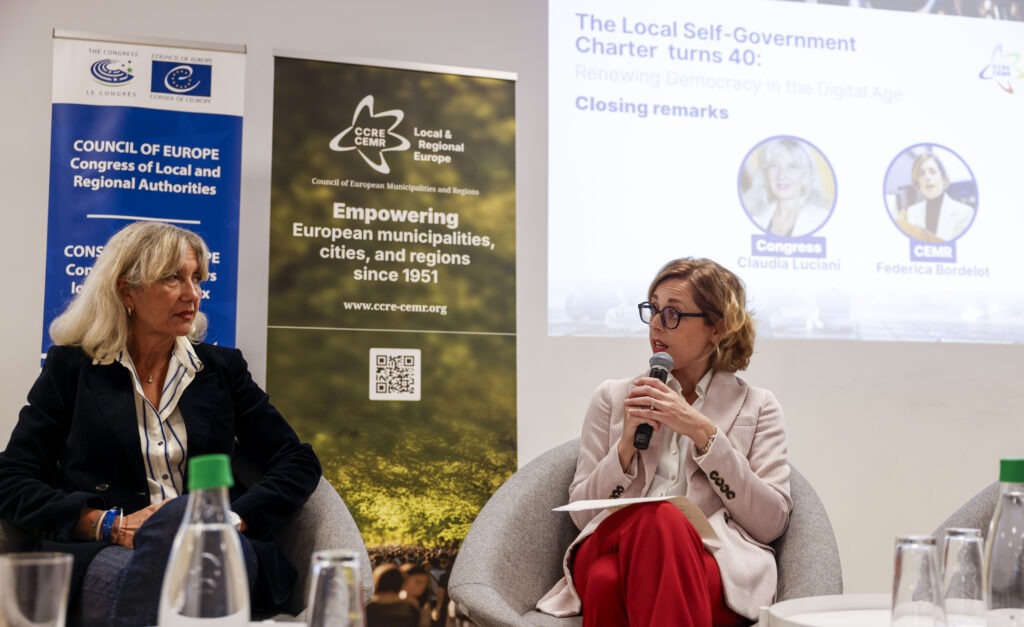
Responding effectively to mis/disinformation requires action at the local level. Strengthening local democracy is not only about protecting democratic values, but also ensuring that LRGs can continue providing vital services and leadership for cohesive societies. This includes investing in tools and training for public administrators, supporting independent local media, promoting media literacy, and integrating LRGs into national and EU strategies that reflect on-the-ground realities.
By highlighting these challenges and opportunities, the CEMR report underscores the importance of empowering local governments. Building trust, protecting democratic values, and fostering societal cohesion depends on it. The report’s launch event brought together participants able to share insights, experiences, and expertise—sparking debate and informing concrete solutions to one of democracy’s most pressing challenge.
For more information, contact:

Senior Advisor – Governance & Institutional Relations


